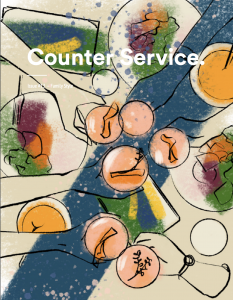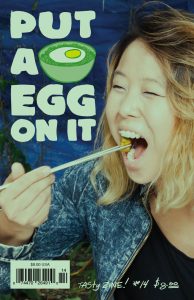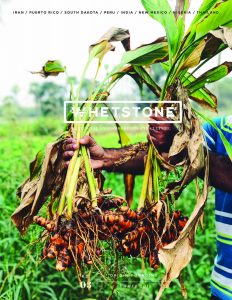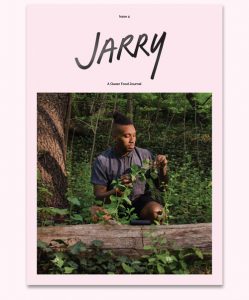Recap: The Food Writers’ Workshop
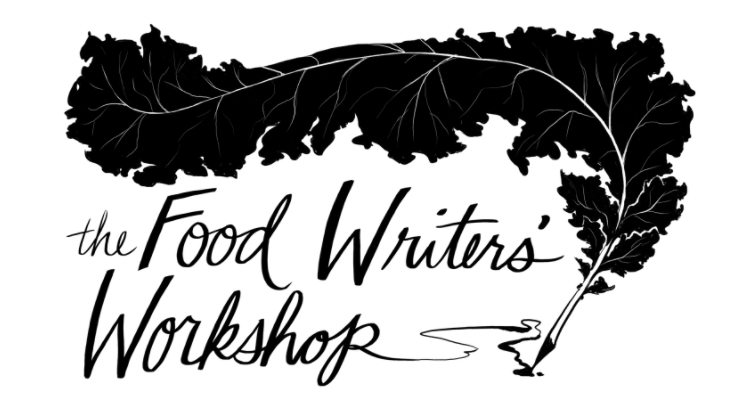
About a month or so ago, I was scrolling social media and saw a friend post about The Food Writers’ Workshop, a day-long conference about the ins and outs of food writing, that was being held in Brooklyn. I thought to myself: why not? I had recently restarted food blogging via this site, and while I may not be a Food Writer yet (though I did write some pieces for SheKnows a lifetime ago. Check out my take on the Best chocolates for red wines), you have to start somewhere. So I signed up and booked a train ticket to NYC.
This past Sunday I made my way to Littlefield in Brooklyn for The Food Writers’ Workshop. It was a beautiful, quiet morning and my Lyft driver and I soon fell into friendly conversation. When I told him I was originally from Memphis, he shared that his cousin owns Tom’s Barbecue. Throughout childhood, my dad and I ate at Tom’s a lot. This auspicious meeting on my way to The Food Writers’ Workshop assured me that I was in for a treat. The rest of the ride we talked about barbecue and the South, because how could we not, and then the reason why I was in NYC. As my Lyft driver commented on our serendipitous encounter, we arrived at Littlefield.
With Counter Culture coffee and Bien Cuit pastries in hand (generous breakfast sponsors for the event), I grabbed a seat in front of the stage and settled in for the first panel of the day – The Business of Being a Freelancer. As you might imagine, food writing is thankless work! Staff jobs are hard to come by, there are more than a few freelancers, and the big name businesses where writers hope to see their byline know they have the upper-hand. Panelists gave tips on pitching stories, negotiating payment, and filing taxes. But, what I found most useful was hearing how their previous employment facilitated their full-time food writing. Whereas journalism and culinary arts backgrounds are more obvious tie-ins, Von Diaz’s time working in development for non-profits and later radio may not be. Yet the persistence in talking to potential donors, finding ways to connect with them, and creating compelling content and storylines became useful skills that she applied to food writing. Von’s book, Coconuts and Collards: Recipes and Stories from Puerto Rico to the Deep South, looks inward at her experiences of food, identity, and the women in her family who ruled the kitchen from Puerto Rico to Atlanta.
Throughout the rest of the day panels explored How to Build a Network You Want to be Part Of, Going Deep on Food Research and Reporting, and Creating Your Own Magazine. As with any craft, food writing requires dogged persistence, finding and creating a supportive and genuine community, and doing your work thoroughly, deeply, and honestly. It is also not immune to the challenges of other businesses, namely exploitative working conditions and racial marginalization.
As the panelists throughout the day attested to, food writing is expanding to cover issues historically overlooked and underreported. Some investigative works on food justice, women chefs, and food histories, to name a few, can be found in mainstream publications, but others are housed within independently created magazines. Through magazines like CounterService, Put a egg on it, Whetstone, and Jarry, editors have a space to cultivate unique perspectives on food, restaurants, and the people behind them.
As my day at The Food Writers’ Workshop came to a close, I found myself overwhelmed with the information the panelists presented but also invigorated by the community fostered through this day of learning and sharing. I am continuing to reflect on the type of food writing I want to pursue in the future. Stay tuned.

